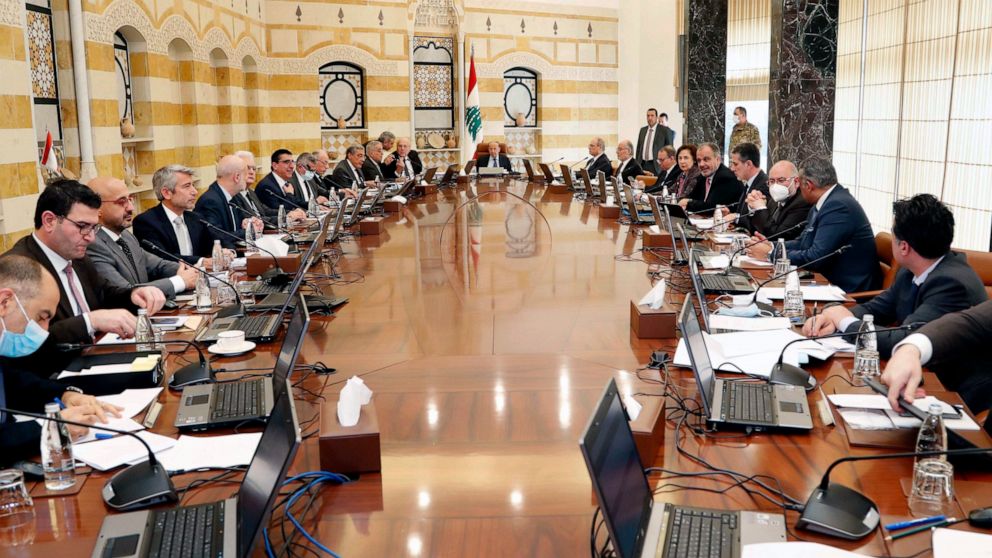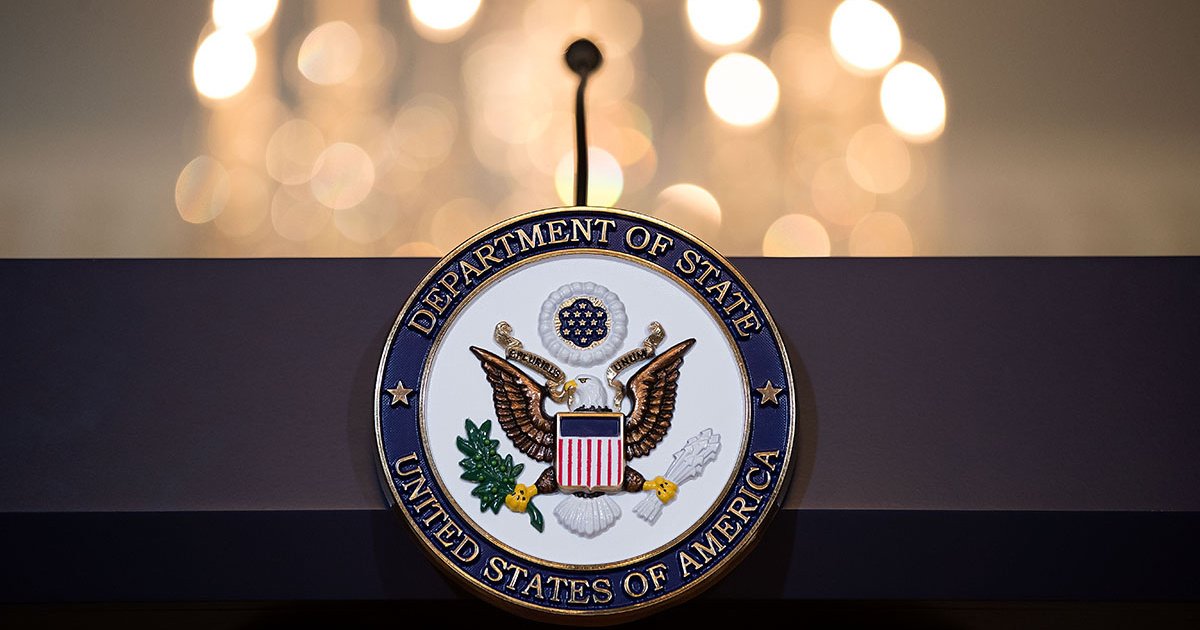
By Doreen Abi Raad — cruxnow.com — BEIRUT — Lebanese Cardinal Bechara Rai denounced the launching of “boats of death” from Lebanon following the drowning of nearly 100 migrants who had attempted to flee the crisis-stricken country. The boat reportedly set off toward Europe Sept. 20 from the port of Miniyeh, near Tripoli, carrying between 120 and 170 migrants and refugees, mostly Syrians, Lebanese and Palestinians. Two days later, it sank in the Mediterranean off the coast of Tartus, Syria, about 30 miles north of Tripoli. “Tragedies have become the daily bread of the Lebanese,’” Rai, Maronite patriarch, said in his Sept. 25 homily at Dimane, the patriarchal summer residence in north Lebanon. “We are appalled by the drowning of … people at sea, boarding boats unfit for long-distance sea crossing,” he said.
Rai lamented “immigration at any cost,” the desperate measures taken by those who embark on a risky, perilous sea journey to escape Lebanon’s suffocating economy with the hopes of a decent standard of living abroad. “The search for life sometimes leads to death,” Rai said. “What is more dangerous is that this tragedy is not the first, so where are the deterrent security measures taken by the state to prevent the boats of death from launching?” the cardinal asked. Earlier in September, at least six people, including children, were killed when a boat bound for Europe from Lebanon sank off the coast of Turkey.
In April, a small migrant boat with dozens of people on board sank off Tripoli. More than 40 people were killed, and many are still missing. “The state is responsible for this tragedy by its inability to get the country out of its economic, financial and social crisis,” Rai said. “We express our heartfelt condolences to the families of the victims, and we ask God to comfort their hearts with the abundance of his mercy,” he said.









